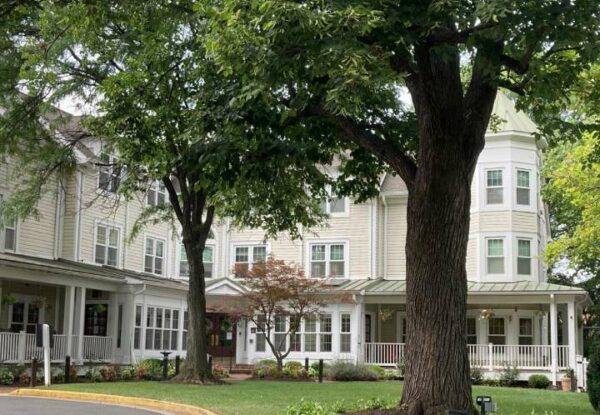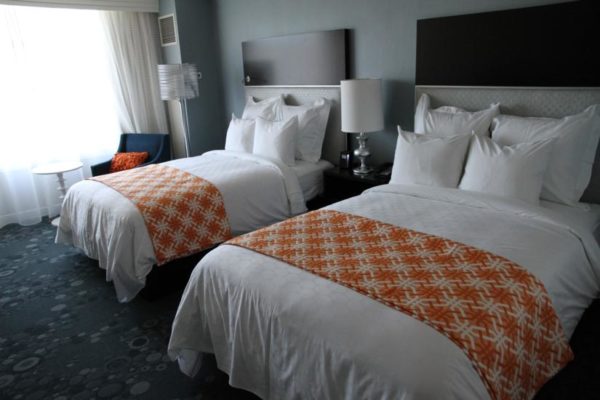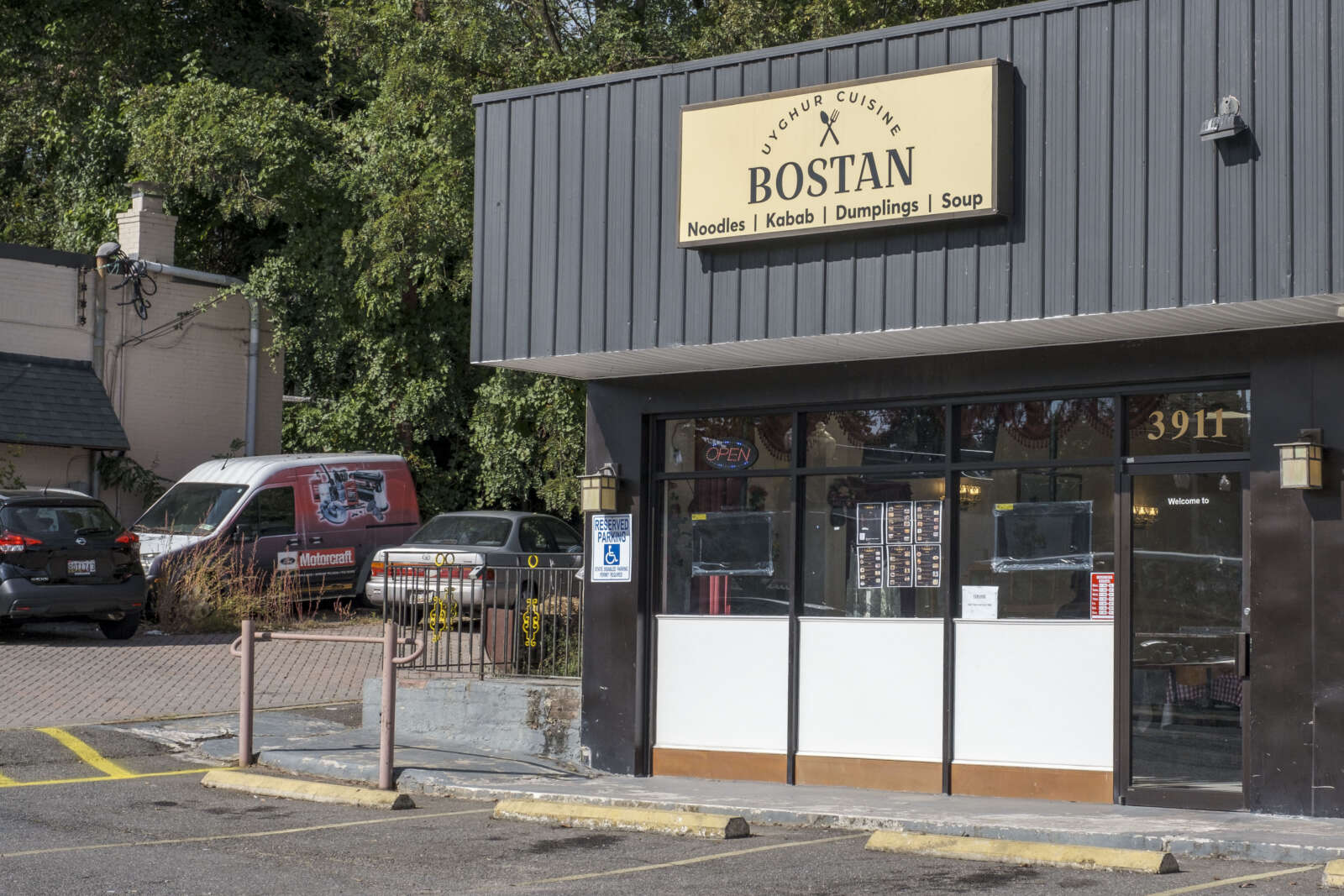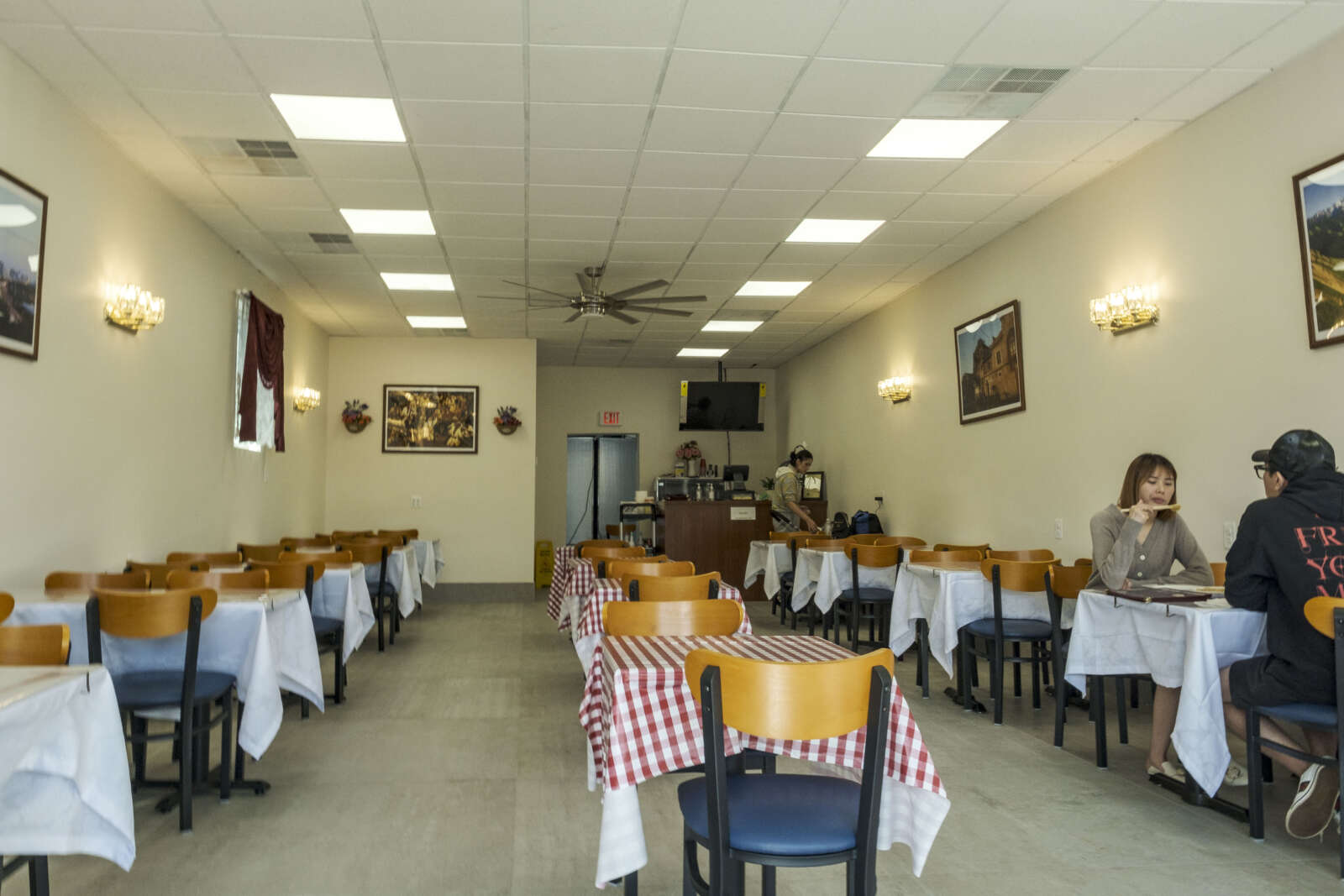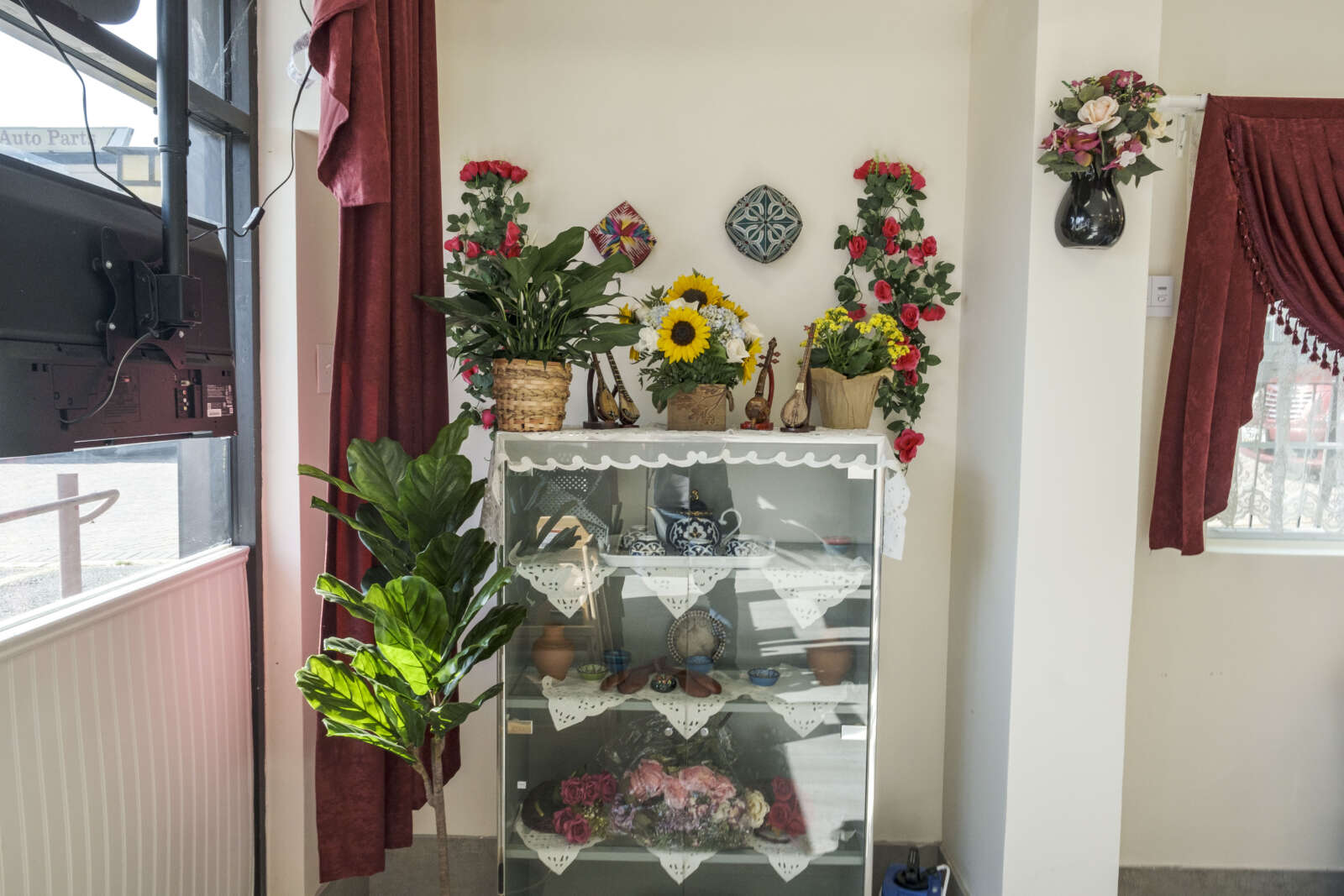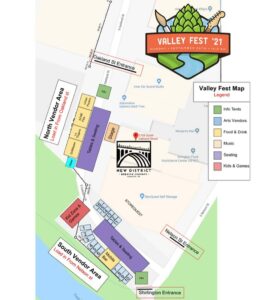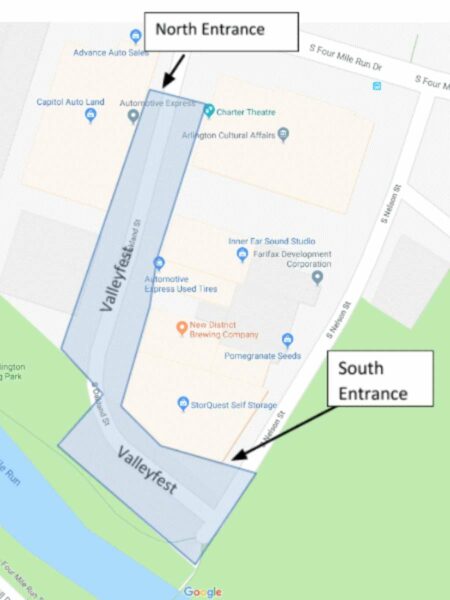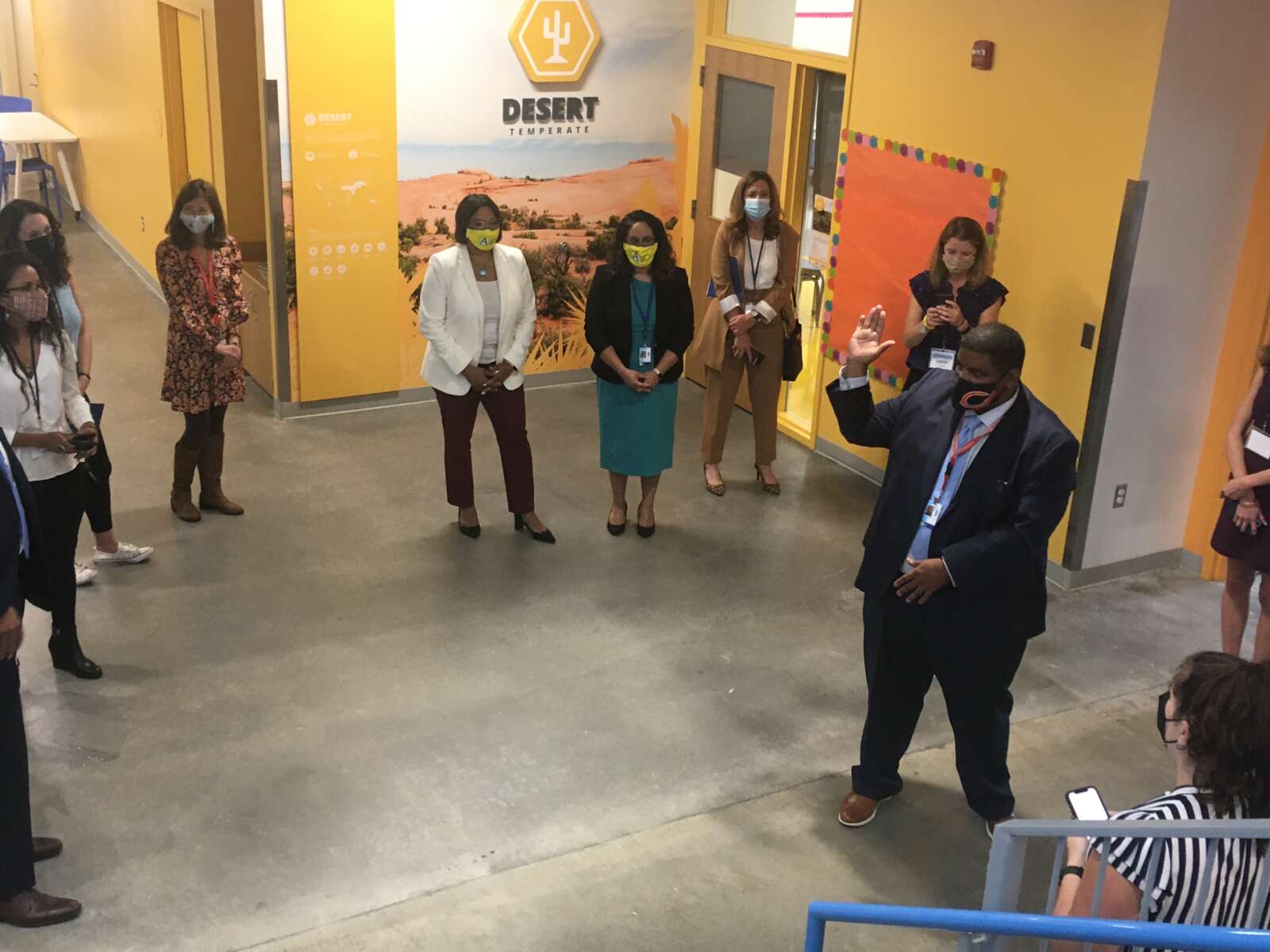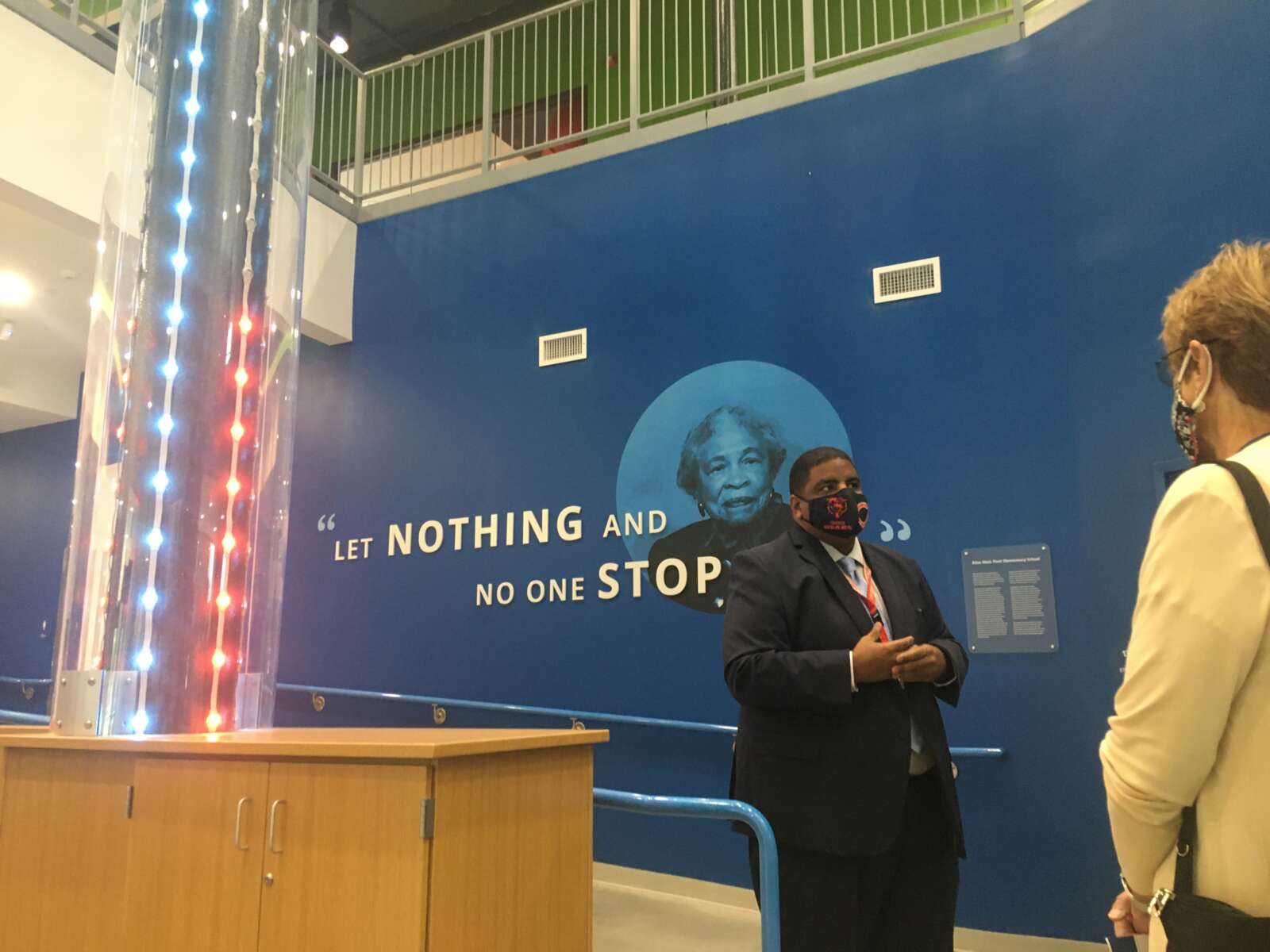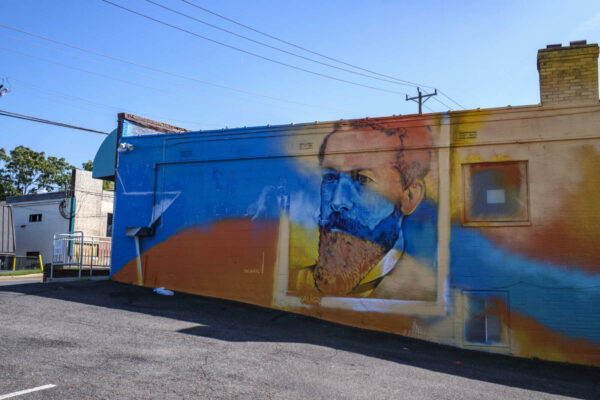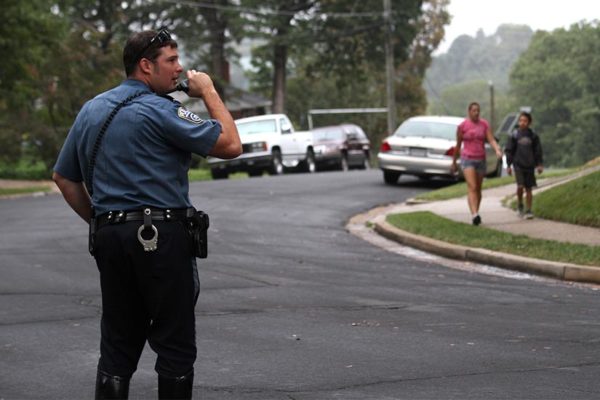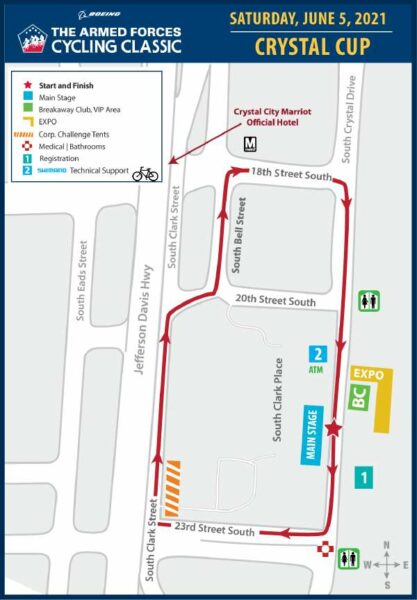
In the first gubernatorial race since Virginia implemented an array of voting reforms, one thing remains the same: early voter turnout in Arlington continues to surpass regional and state levels.
It’s a trend that Arlington’s general registrar and election director Gretchen Reinemeyer says she has seen since she started working with the county in 2008 as a seasonal employee with the Voting and Elections Office.
As of yesterday (Wednesday), over 27,000 early ballots in Arlington County were cast, consisting of nearly 10,000 mail-in ballots and over 17,000 in-person votes.
Thus far, Arlington’s early voting rate is nearly 18%, higher than Northern Virginia’s rate of roughly 16% rate and the Commonwealth’s 14.4% turnout, according to the nonprofit Virginia Public Access Project
Arlington held its first Sunday voting ever on Oct. 24, with 1,454 voters casting ballots in four hours, according to the county. As of July 1, the state permitted the general registrars or electoral boards of jurisdictions to decide if they want to provide voting on Sundays.
“I thought [it] was a very successful inaugural Sunday voting event,” said Matt Weinstein, chair of the county’s three-member Electoral Board, adding that he’d like to see the county do it again.
Arlington’s elevated early voter turnout rate may not be a new phenomenon, but there are a few new changes Gov. Ralph Northam signed into law last year to improve voter participation.
One law dropped the requirement of voters providing an approved reason for absentee voting as of last year’s presidential election. Another law automatically registers people to vote (unless they decline) when they get a driver’s license or make other changes with the Department of Motor Vehicles.
While early voting may increase access to the polls, it does make the job of election outcome predicting more difficult, according to former Arlington County Treasurer and local amateur election prognosticator Frank O’Leary.
“In the past, it was possible to estimate absentee turnout, as Election Day approached, and from that statistic estimate total turnout,” he said. “Unfortunately, ‘absentee voting’ (which was relatively restrictive) has been supplanted by early voting… Thus, all my prior statistics of absentee voting are rendered null and void, which reduces me to ‘guesstimating’ Arlington’s turnout and by inference that of all Virginia.”
This year, he estimates a voter turnout of 56.7% or about 87,000 people for Arlington County, compared to the county’s turnout for the last gubernatorial race in 2017 of 59.4% or 85,382 votes.


